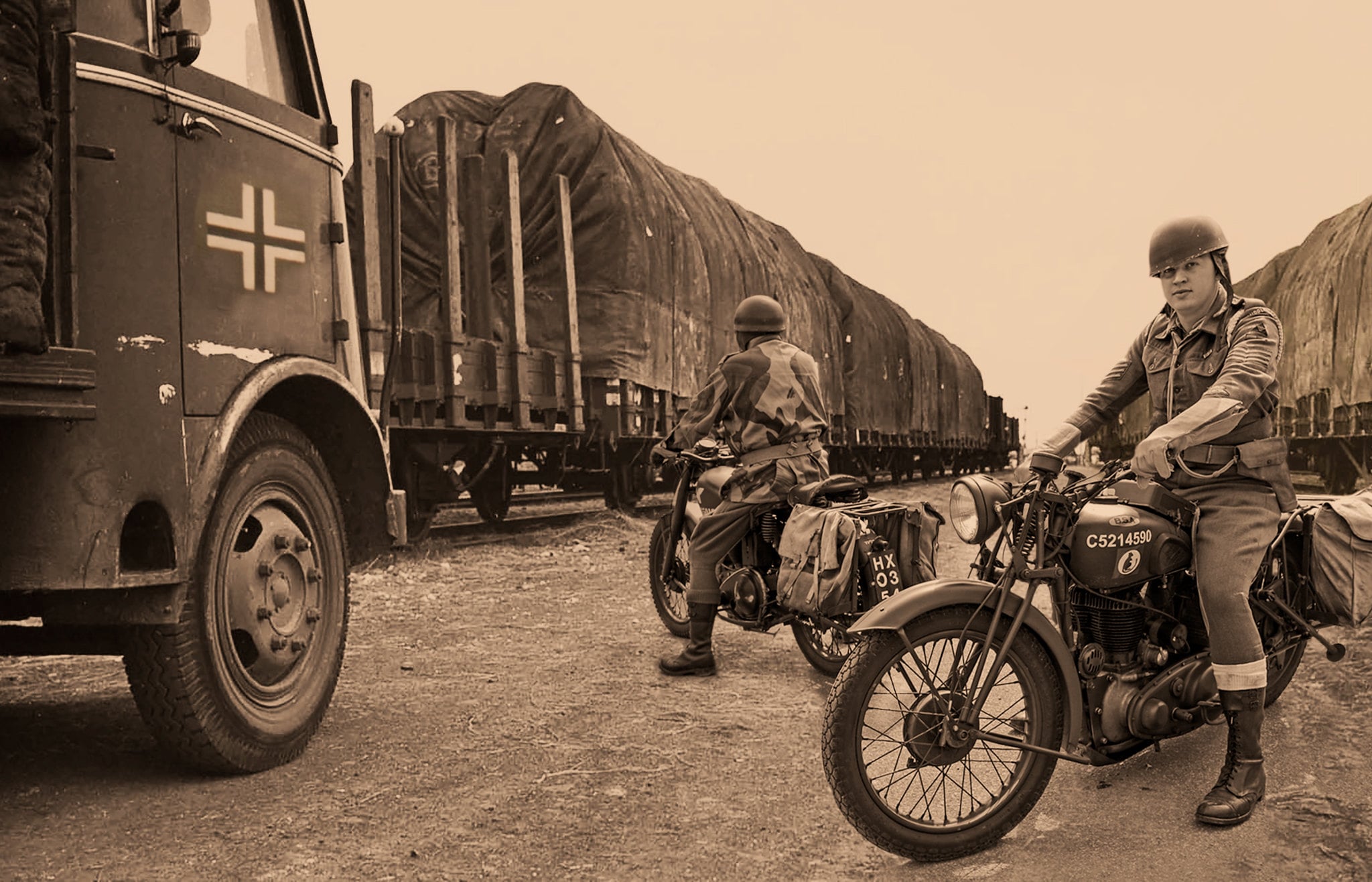Excavation Begins in Poland for Alleged Nazi Gold Treasure
Source: GreekReporter.com

A team of treasure hunters in Poland received approval to begin excavations to find a Nazi treasure. After a decade of private investigation, the team is set to begin excavations on a former SS training ground in the Kashubia region, where local legend says a secret Nazi hoard may lie buried.
Poland’s Pomeranian Provincial Conservator of Monuments on July 1 granted permission to investigate a concealed bunker near the site of World War II–era SS barracks and a now‑abandoned military training area.
According to engineer Jan Delingowski, a former merchant navy radio officer turned history enthusiast, the stash was spirited westward in 1945 from the Königsberg (now Kaliningrad) vaults but never reached Berlin.
The search for the Nazi treasure in Poland was inspired by a prisoner at the Barczewo prison
Delingowski’s decade‑long private investigation was spurred by a former inmate at Barczewo prison, who claimed to have met war criminal Erich Koch there in the 1980s. Koch, the last Oberpräsident of East Prussia, was convicted in 1959 for atrocities that claimed some 400,000 Polish lives. He was never executed, reportedly because security services hoped to extract the treasure’s location from him.
“According to the prisoner’s account, Koch revealed that art, jewelry, and Nazi gold were loaded onto trucks destined for Berlin but diverted near Czersk and Człuchów,” Delingowski said.
He added that Allied‑era telegrams allegedly received by SS officer Gustav Wyst referred to a cache marked only by the code “BSCH”, which Delingowski interprets as shorthand for Bruß Schutzraum, a slit‑type bunker believed to lie beneath a hill overlooking a nearby lake.
The treasure could hold invaluable art and precious metals
If found, the treasure could include invaluable artworks, precious metals, and possibly panels from the Amber Room, a Baroque chamber looted from Tsarskoe Selo outside St. Petersburg. The Amber Room vanished after occupying Nazi forces dismantled it in 1941; its fate has fascinated historians for decades, spawning theories of sunken ships and secret Alpine vaults.
Dr. Katarzyna Nowak, a historian at the University of Gdańsk, urged caution. “There are many legends about hidden Nazi treasure in Poland and elsewhere. While these excavations are exciting, rigorous archaeological methods and peer‑reviewed analysis will be crucial to distinguish fact from folklore,” she said.
Legend says Nazi troops buried treasure—gold, jewels, art, and weapons—in the mountains of Poland: https://t.co/Tw5lLaKWQt pic.twitter.com/3Slyz2LQEN
— The New Yorker (@NewYorker) July 3, 2017
Initial ground‑penetrating radar surveys have identified subsurface anomalies consistent with a concealed bunker. Excavation is slated to begin later this month, under the supervision of the regional conservator’s office and in cooperation with qualified archaeologists.
Local officials are set to monitor excavations
Local officials say they will closely monitor the work to ensure preservation of any wartime relics and the site’s integrity. “Our goal is to uncover the truth of these stories while protecting this historic landscape,” said Anna Kowalska, a spokesperson for the Pomeranian conservator.
Should the search yield artifacts, Poland’s cultural patrimony laws require that any discoveries be cataloged and preserved in state museums. The decades‑old quest to rediscover the Amber Room and other lost treasures of World War II has captivated the public imagination. Now, for the first time in this corner of northern Poland, the hunt has official sanction.
The original article: belongs to GreekReporter.com .
